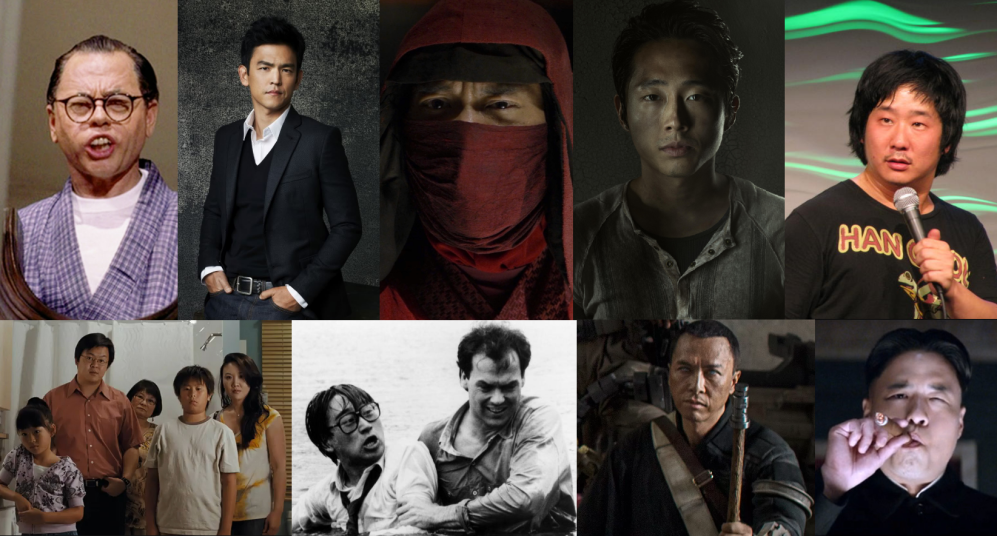With the recent hate crimes against Asian-Americans, I am reminded again I am invisible.
When I was a boy, someone had spray-painted a swastika on my father’s dojo. My dad painted over it, but on hot humid days we could still see that Nazi symbol like a pulsing writhing scar.
We got a voicemail on our answering machine—maybe the same Nazi artists—who spent ten minutes making fun of my dad’s accent. I remember seeing my dad listen to it several times, staring quietly out a window. When he noticed me, he turned it off and said, “Just boys playing a joke.” The voices were from grown men.
In middle school I remember being assaulted, shoved around, called “ch-nk yellow belly,” having fries thrown at me during lunch (I sat alone) which were drenched in ketchup, some kid yelling “your dad killed my dad in the war” and then I watched his dad pick him up from detention.
At weddings, funerals, leadership meetings, conferences, I am often the only Asian. And I am invisible. I have literally sat in rooms before where I speak and no one looks my direction. Not even glances. I once called my wife in a dramatic panic, asking, “Do I exist?” And she knew what I meant. The invisibility.
I could tell you a hundred stories like this, and a hundred more. I have. And, well—no one hears. Or remembers. I know my experiences pale in comparison to racist violent acts done to so many others. I only wish I was heard. Seen.
A couple years ago I was a guest at a panel where we discussed race. I shared how I felt invisible. Afterwards, a wonderful Black woman approached me with tears in her eyes, hugged me and said, “I see you. I see you. God sees you.” Over and over, she whispered, “I see you.” And I was so moved, I wept with her. “I see you.”
I still hear her. Thinking of it now, I still weep. For a moment, at least, I was seen. We saw each other. We have so much work to do—but that day, that was enough for me. I was seen. To see is to make visible.



